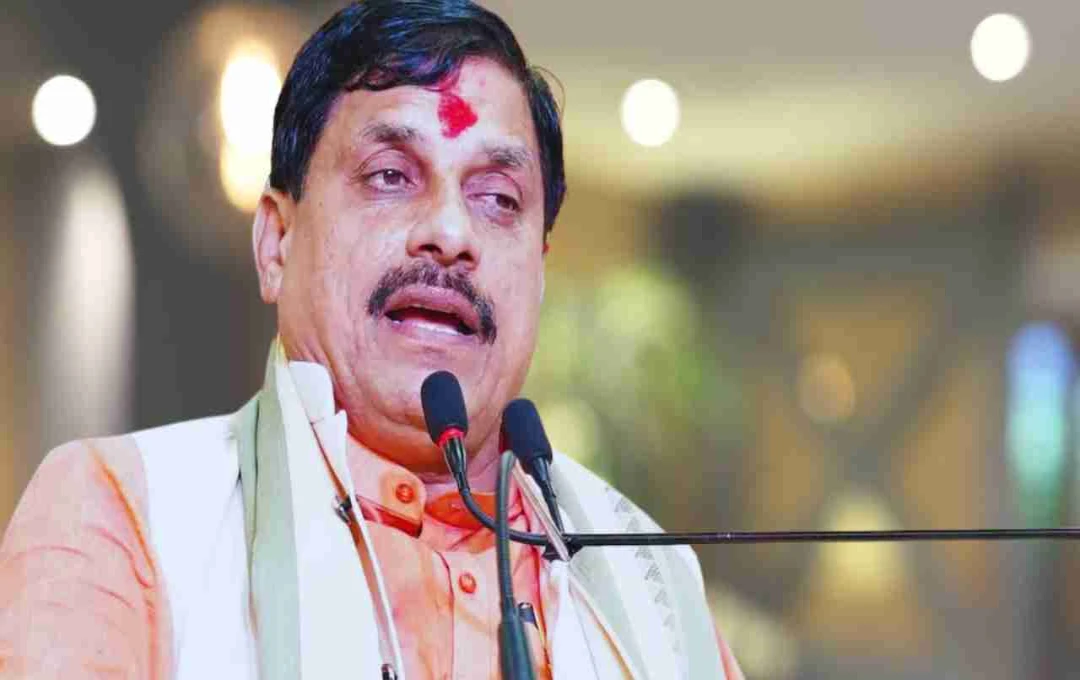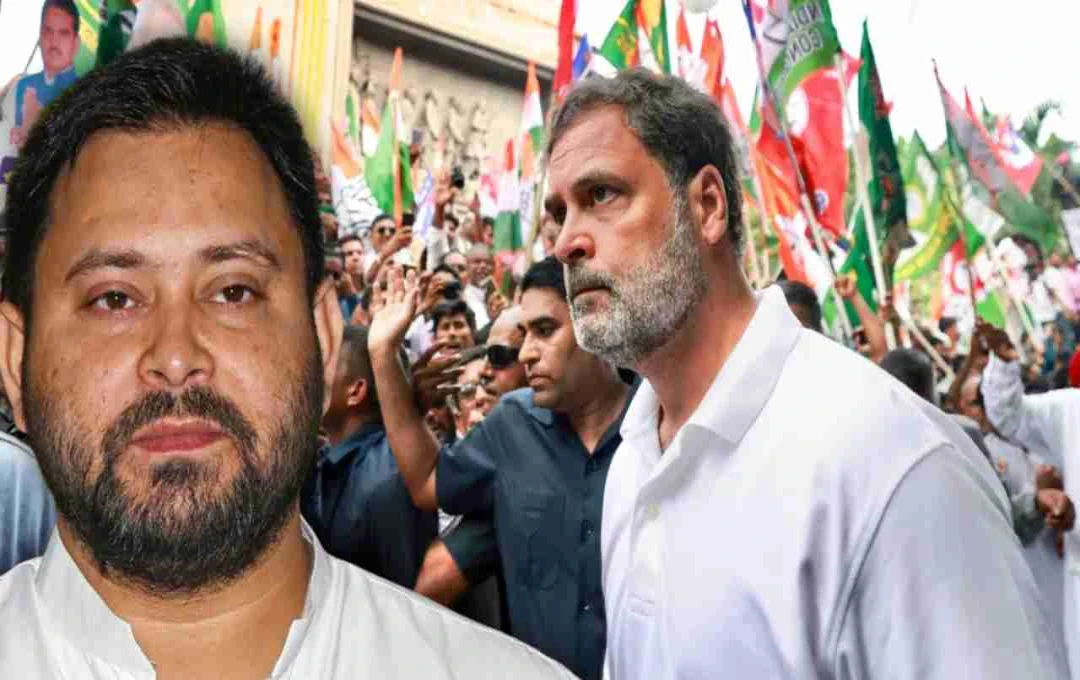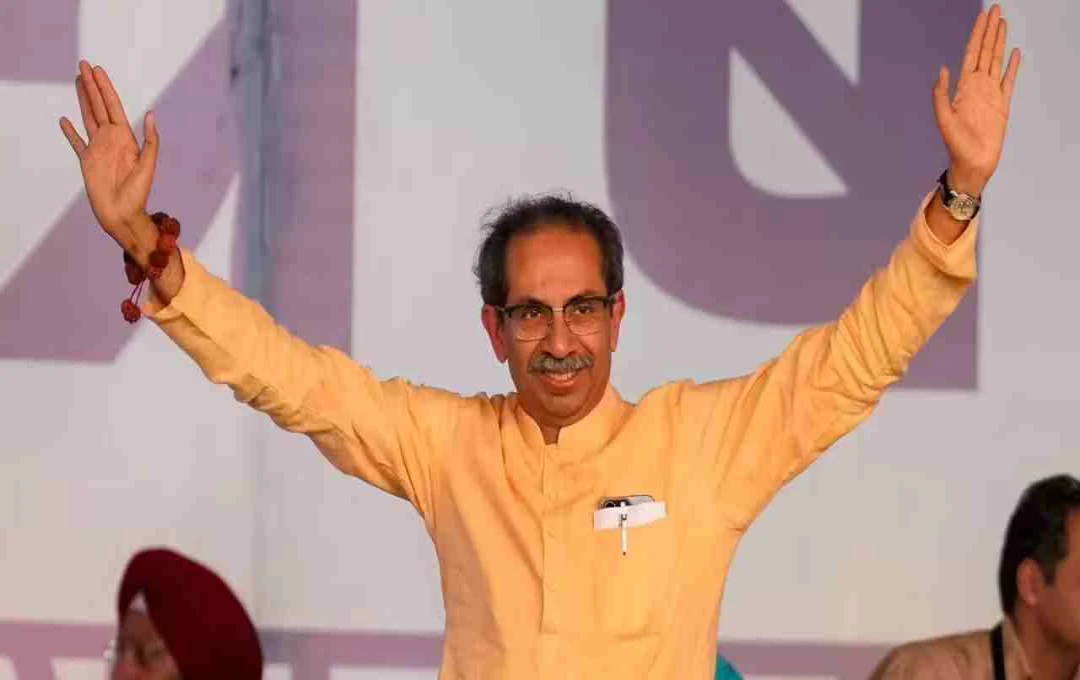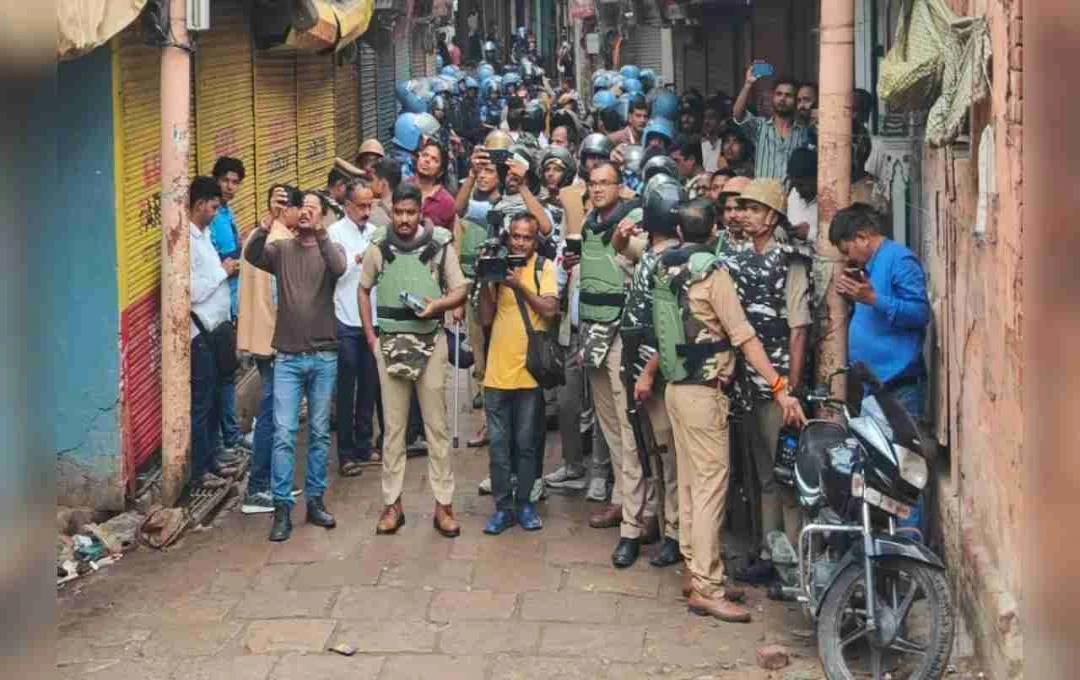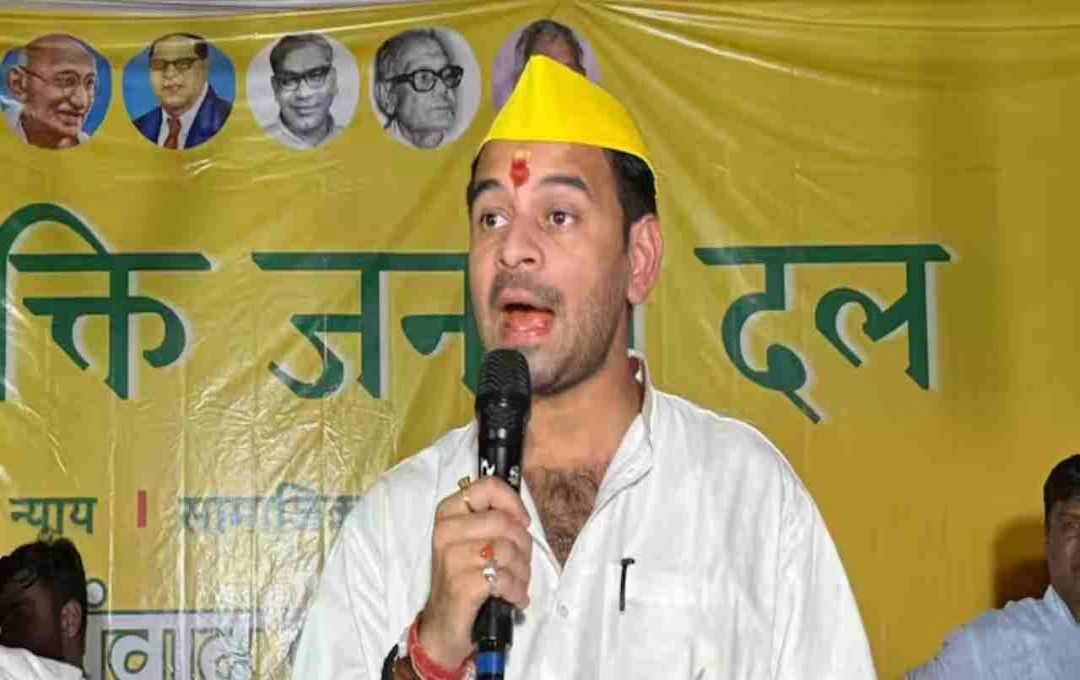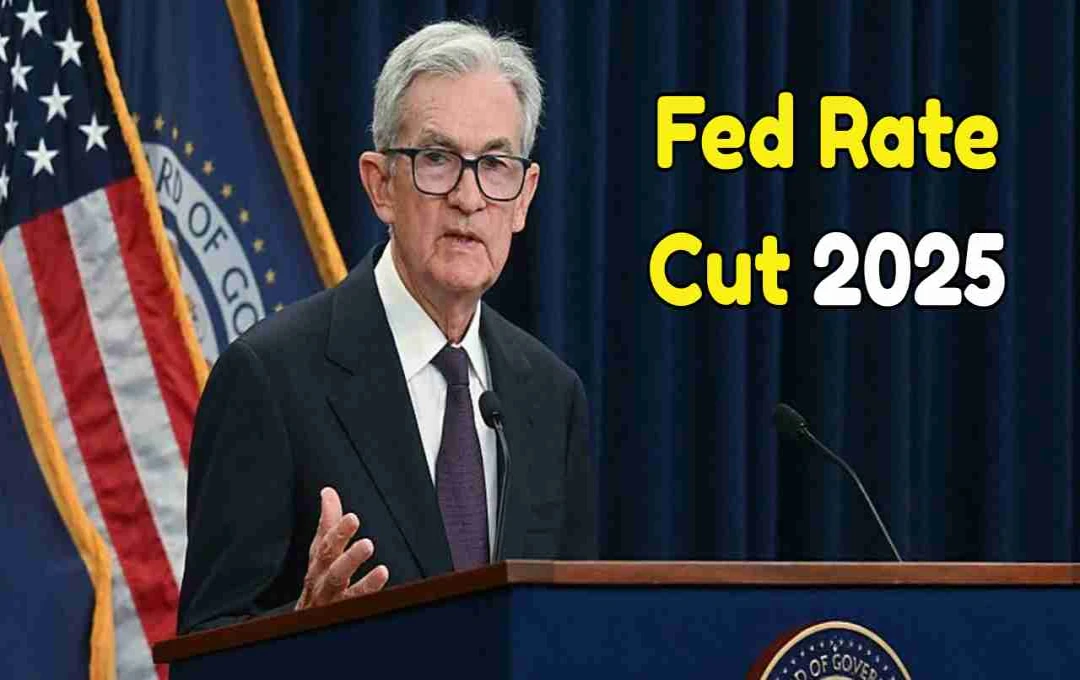Madhya Pradesh CM Mohan Yadav refuted the Congress's allegation that the state government is being run from Delhi. He stated that the BJP government is completely operated from Bhopal and his government has been active in drug seizure as well.
Bhopal: Madhya Pradesh Chief Minister Mohan Yadav refuted Congress's allegations that the Madhya Pradesh government is being run from Delhi, during the TV9 Bharatvarsh Satta Sammelan. CM Mohan clearly stated that this is Congress's own history, whereas the BJP government is completely operated from Bhopal.
CM Mohan Yadav said that during his tenure, governance has emphasized transparency and local decision-making. He stressed that in Congress governments, state policies were often dictated from Delhi, but this is not the case with the BJP government.
CM Mohan's Statement on Congress Allegations
When asked about Congress's accusation that Madhya Pradesh has now become a drug capital, CM Mohan stated that drug cases were not even detected during the Congress regime.
Mohan Yadav said, "We have seized the most drugs so far. Bhopal is also a witness to this. In the gas tragedy, 10,000 people died, and at that time, the accused escaped due to the negligence of the Congress government. Today, the watchman is alert, and movement is easy, hence drugs are being seized. For this, one should receive accolades, not questions."
Amount for Women Being Increased
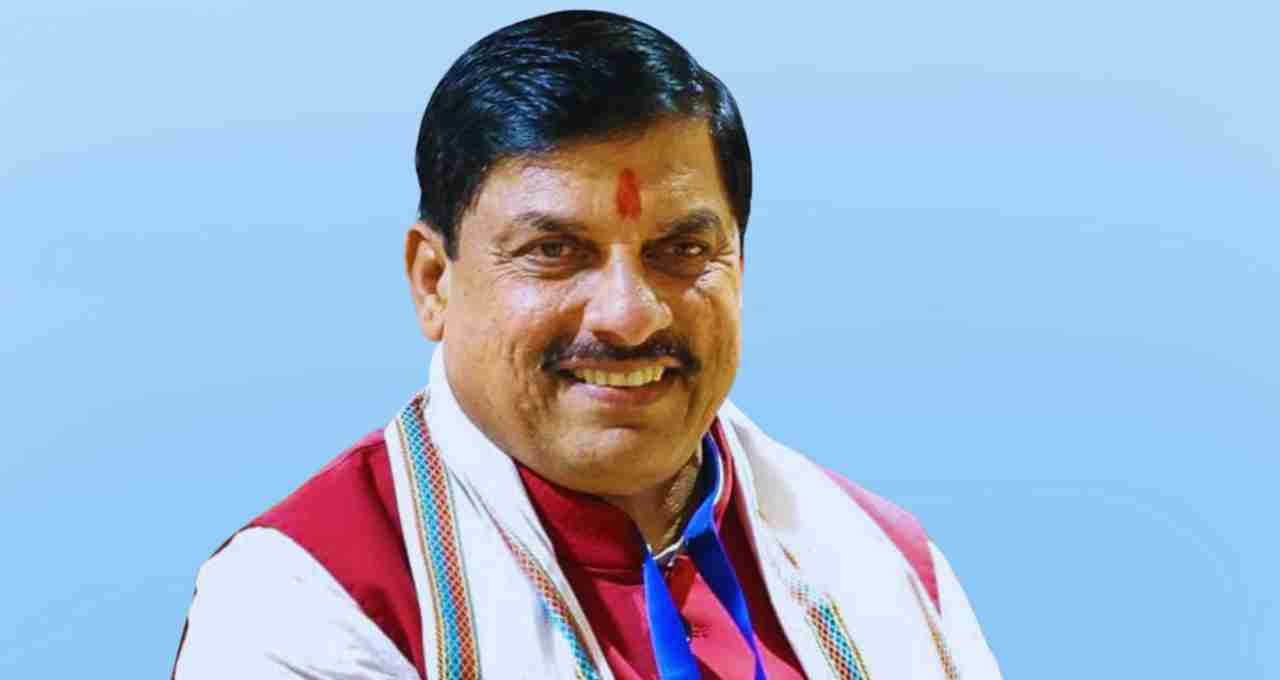
CM Mohan Yadav also provided detailed information about the benefits women receive under the Ladli Behna Yojana. He informed that the decision was initially to provide Rs 1000 under the scheme, which has now been increased to Rs 1250.
He further stated that the amount will be increased to Rs 1500 from Diwali, and the goal is to provide Rs 3000 to every woman before the year 2028. The CM said that the state government will leave no stone unturned in empowering women.
CM Mohan Yadav's Governance Focuses on the Present
CM Mohan Yadav stated that being from a farmer's family, he knows how to make the most of time. He currently focuses on the present and does not worry about the future.
With this approach, his governance exhibits stability, proactiveness, and prompt decision-making, which are proving beneficial for the state's populace.
